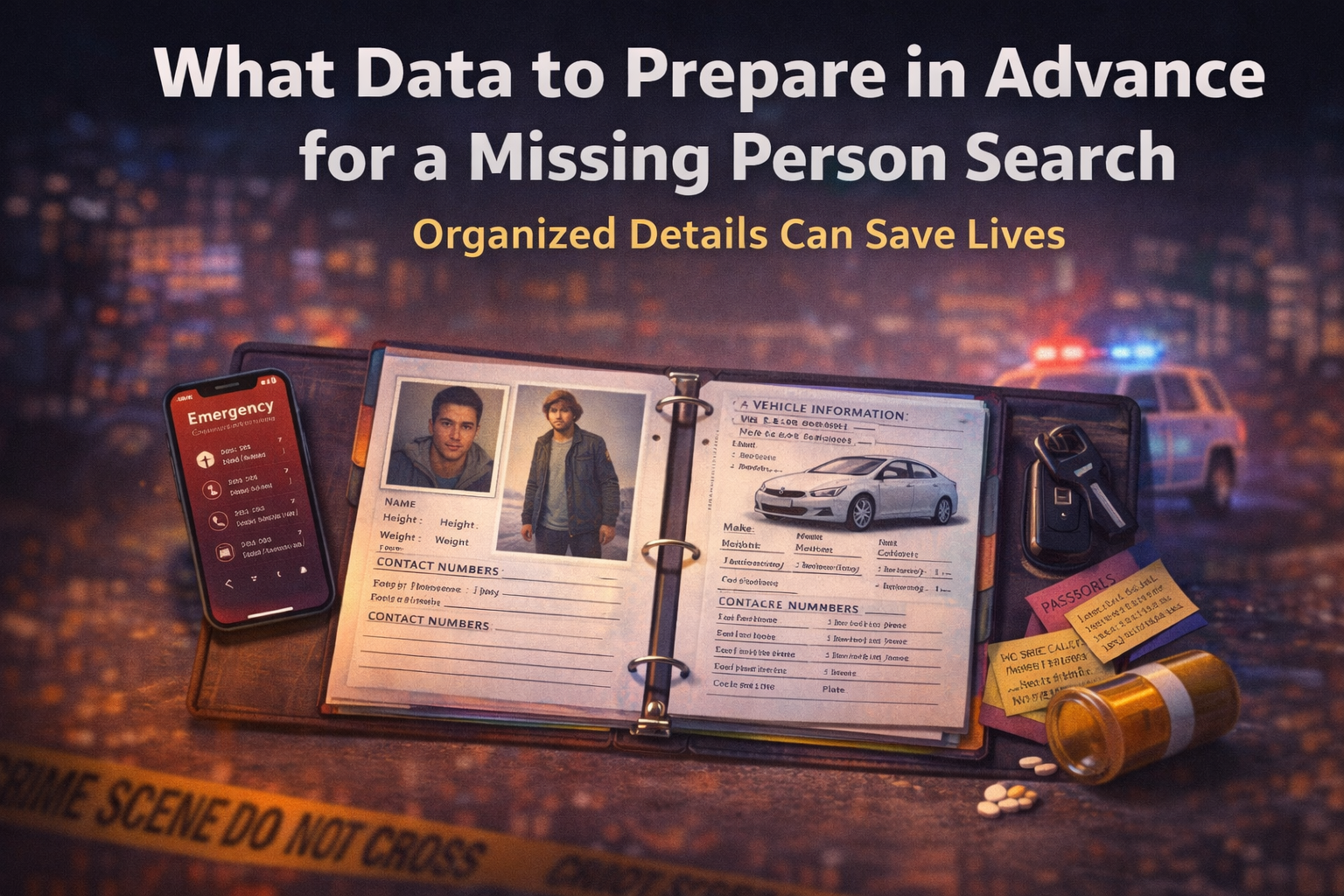Missing Persons in Georgia: A Detailed Overview

Missing persons cases in Georgia represent a significant concern for communities across the state. The emotional toll on families is immense, and the complexity of these cases often requires coordinated efforts from law enforcement, communities, and innovative solutions like the Nfound app. This article delves into these statistics by age group and highlights the importance of the Nfound project in addressing these challenges.
Statistics on Missing Persons in Georgia
- In Georgia, the issue of missing persons spans all age groups. According to the National Crime Information Center (NCIC), in 2023, Georgia had approximately 15,000 active missing persons cases. These cases include children, teenagers, and adults. Here’s a closer look at the statistics:
- Children (Under 18 years): Children account for a significant portion of missing persons cases in Georgia. In 2023, around 7,500 children were reported missing. This represents 50% of the total cases.
- Teenagers (13-17 years): Teenagers also make up a large percentage of missing persons. Approximately 35% of the total cases involve teenagers, with about 5,250 teenagers reported missing.
- Adults (18 and older): Adults constitute the remaining 15% of missing persons cases. In 2023, about 2,250 adults were reported missing in Georgia. These cases can be particularly challenging. Since adults have the legal right to go missing, law enforcement finds it harder to intervene.
The Role of Nfound in Georgia
The Nfound app plays a crucial role in the search for missing persons in Georgia. By leveraging modern technology and community involvement, Nfound enhances the search process and improves safety for residents. Moreover, it offers a range of features that make the search more efficient and effective.
Real-Time Alerts: Nfound enables families and communities to report missing persons quickly. The app sends out real-time alerts to users in the surrounding area, increasing the chances of a swift recovery. These alerts include essential details like photos, descriptions, and last known locations.
GPS Tracking and Safe Zones: Nfound offers a GPS tracking feature that allows users to share their location with trusted contacts. Additionally, users can set up “safe zones.” If a user leaves a designated safe zone without disabling the alert, their contacts receive a notification, helping prevent potential disappearances.
Centralized Database: The app maintains a comprehensive database of missing persons cases. This database is accessible to law enforcement, families, and volunteers. Furthermore, it ensures that information is shared efficiently and can be a critical tool in the early stages of a search.
Community Engagement: The platform encourages community involvement by allowing users to report sightings and share information. This collective effort brings more eyes to the search, significantly improving the chances of locating a missing person.
Conclusion
The issue of missing persons in Georgia is a serious one, affecting thousands of families each year. The detailed statistics highlight the scope of the problem across different age groups. Furthermore, the Nfound app offers innovative solutions that enhance the search process and provide added safety for residents. By improving communication, coordination, and community involvement, Nfound plays a vital role in addressing the challenges of missing persons cases in Georgia.
Sources:
- National Crime Information Center (NCIC)
- Georgia Bureau of Investigation (GBI)
- Nfound Project Documentation






